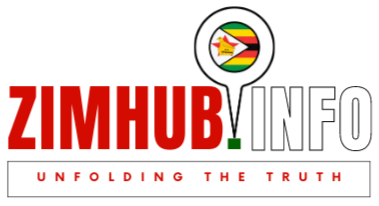Zimbabwe to introduce gold-linked currency, and currency board
SENIOR BUSINESS REPORTER
Zimbabwe could link the currency to hard assets such as gold under new measures being considered by the government, Finance Minister Mthuli Ncube says.
President Emmerson Mnangagwa last week said the country could introduce a “structured currency” as part of reforms to save the Zimbabwe dollar, which is down 47% since January and more than 94% since the start of 2023.
Mnangagwa did not give details on the new direction, but Ncube said Monday that this could take the form of pegging the currency to gold assets. The government may also consider a system that works like a currency board, he said, a proposal previously rejected by authorities.
“The idea going forward is to manage the growth of liquidity which has a high correlation to money supply growth and inflation. The way to do that is to link the exchange rate to some hard asset such as gold,” Ncube said Monday. “To do that, you have to have some sort of currency board type system in place where the growth of the domestic liquidity is constrained by the value of the asset that is backing the currency.”
Under a currency board, all domestic currency in circulation must be backed by foreign currency or another asset. Currently, central bank can print Zimdollars and manage money supply. But, with a currency board, any new Zimdollars that are printed would be backed by forex.
Ncube was speaking at a press briefing to update on a meeting of African finance ministers to be held in Zimbabwe by the UN Economic Commission for Africa later this month.
With the collapse in confidence in the local unit, 80% of all transactions is now in USD, according to the government’s own data. Given Zimbabwe’s history of currency erosion, new measures are unlikely to restore confidence quickly, analysts say.
“Economic agents have lost confidence in the local currency and that spurs demand for the U.S. dollar. Restoration of confidence in the currency will take time,” says economist Prosper Chitambara.
The Reserve Bank of Zimbabwe is due to release his annual monetary policy statement, which is usually released early February.

